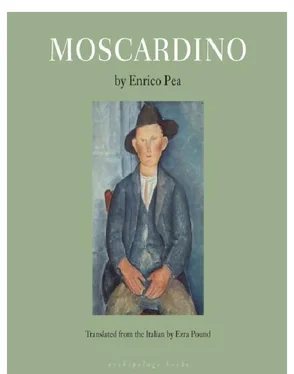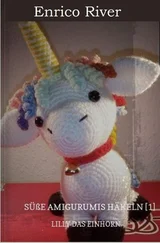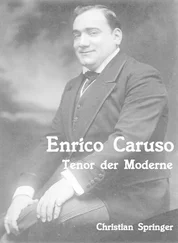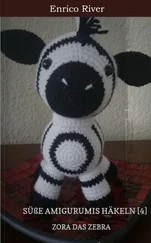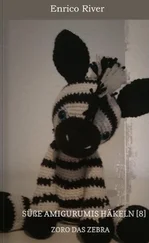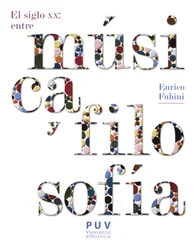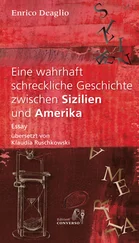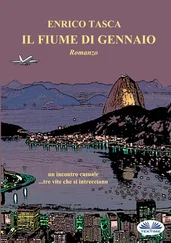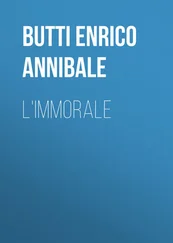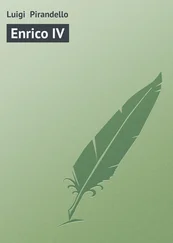He had been thrown out of the seminary for keeping his hands in the slits of his soutane. Up till then his father had been supplicant, had begged the Archbishop time and again to find some way to consecrate him so that he could get the annuity, after which he promised to shut him up in a monastery so that with patience and God’s will he might then get a little sense and education.
If his father had lived he would have fixed it one way or another; he would have taught him to read the missal by ear and from memory; he would have had him anointed priest so that he could get the annuity.
Instead of which, he had been left to himself in the courtyard, under the orange trees, to count the buckets of water which Don P.G.’s servant pulled up to water the tubs from Montelupo, and finally forgot the inscriptions on them and the conception of the bottoms of his pockets; forgot that pockets have bottoms.
Don Pietro Galanti had to restart with the first exercises. He kept the house key and watched him by night. Lorenzo was put on rigid abbé’s regime “rules for ecclesiastics” as Don Pietro called it, and had so impressed the abbé with this set of rules for ecclesiastics that he now kept his eyes on the clock for lessons and meals.
The house, watched by Don Pietro, took on new aspect. The abbé occasionally went to Cleofe’s room, she was half the time in bed, half in the arm-chair. But he no longer smiled at her or kept his hands in his pockets; he stood mute and looked at her in terror as if my grandfather’s shadow might at any instant appear.
Sometimes when Cleofe slept he was moved to tears, thinking of his mother nailed inside that box under the ground.
He felt Cleofe’s death coming, because her breath came so gently, her eyes were sunk, her pallor.
Cleofe seeing him at her bedside so often and so changed, showed a maternal tenderness for him.
He blushed, began to shake again, and looked toward the door.
He felt a new attraction toward Cleofe, and thanks to this feeling he tried to look different. He had a sense of well-being, of self-respect, a sense of being alive, a sense of life, now, a bit late, just as he had learned to walk late.
He now seemed to see clear inside himself, he had new feelings never known before now. Setting his eyes forward toward death he seemed to see the limits of life, . opening an unknown world, a hidden treasure.
Now he could even shed tears, not for his bodily aches and pains but for his soul in torment. So that, still seeing his mother’s coffin being lowered into the grave, he was moved by Cleofe’s lips sketching a smile for him.
What is life anyway if it be not softened by such tenderness for one another?
To feel that someone cares, as your own mother had, after your mother has gone under the earth.
To feel the desire to clasp the person loved, until she can no longer breathe, to be wholly united with her body. To take something eternal from her lips which can not be said with words. There it is. One could be happy in this world if the devil didn’t take up arms against you.
He crossed himself, so that the devil shouldn’t appear and blot out his reason.
Before summer came, the doctor ordered sea air for Cleofe during the spring and part of July. . because she had suffered so much, passed a horrible winter always shut in her bedroom.
The days began to lengthen and Cleofe had been getting up for several weeks. She coughed less; but if she went down into the garden and walked up the stairs afterward she was weighed down with enervating weakness as if she had climbed a mountain. She broke into light sweat toward nightfall, her cheeks got red and at once a light sleep like a slight torpor obliged her to close her eyes and she would stay in a doze for hours.
It had been a stiff winter, the grottoes, the river’s high banks, the ravines had been constantly frozen. The water in the ravines and rivers could be seen working along with difficulty under a thick plate of ice, seeming to suffer from want of air.
It must have been gurgling loudly, whirling strongly, because it shot up at the edge of the ice all foamy. The branches, thistles, dry leaves borne along in the torrents had been caught fast in the freeze, imprisoned as if asleep, like birds in a cage of water.
The wheels of the sawmills were ringed with short thick candles of ice, with filaments and drops like pin-wheels for the Madonna del Carmine, curious boughs and branchings were formed in the riverbeds as if half sculptor’s fine marble, half mottle in the rough stone ways gouging the bottom. Even the horse turds and cow droppings were made fantastic and precious between the icy mud of the cart tracks.
So after the feast of St. Discoglio, new varnished by old Ciampino who was also church upholsterer and decorator, there reappeared after many years the fine old giardiniera wagon, six-seater all new black and yellow with the curtains of heavy linen fringed with blue.
Grumpy was bundled up, cocoon’d with a grey shawl round his neck, such as his father had used, more grouchy he had aged so much in so short a time that many people seeing him staggering into the wagon thought of his dad, not merely because of the shawl but from facial resemblance.
He stood beside Sabina who was in her new clothes with circular earrings and with a pink handkerchief over her head stuck on with a gold pin that looked like a nail rammed through the nape of her neck. Her face blazing, gesticulating and rolling her eyes and her hips shaking with the wobbling of the wagon. Vibrating with full contentment she alone in that vehicle felt, and was, boss, brazen, proud of feeling that she was the real boss of a six-seater with sky blue cushions covered with ticking that could carry so many people.
In town clothes the family doctor, bachelor, red-skinned, sat opposite Don Pietro Galanti who shot knifed glances stealthily at him when turning a leaf of his breviary.
Cleofe had the lowered curtain behind her serving as support and cushion to what was left of her saddened body.
And the abbé Don Lorenzo next to her with his little shiny eyes, tickled the baby’s neck as it sat in Cleofe’s lap.

Sabina and the red doctor were the live animals in that funeral coach. Their thought was clear, concealed by nothing save the conventions of the moment. She burning with the exuberance of healthy vitality, he a man of scant learning and no scruples whatever.
Their carnal eagerness was of a certainty visible to everyone. The others moused round the same question, of flesh in heat, with tortuous imagination, and turned in on themselves in their uneasiness.
Cleofe had her eyes on the frosted hills, on the olives shot with sunlight, which fled under her gaze as she was carried from them. She let herself be borne along as in a dream without thinking, as a soul in transmigration, as if her life were ending, gently, in beatitude, and the child which as yet had neither reason nor soul, slept cradled.
The red poppies amid the grain flashed into Grumpy’s eyes. The red head of the medico jutted out like a flashing ball of copper, speckled now and again by rays of sun at play in the branches. Dizziness, dazzle, those splotches of sun leapt from the doctor’s red poll onto Grumpy’s hands and played over them, and onto his grey shawl, his face, and bit into him with a voluptuous malignity.
Grumpy felt the pain almost on the surface of his skin. He had been feeling pain ever since the doctor had asked to go with them and use the sixth free seat in the carry-all.
But as they went along this painful sensation grew more and more unbearable till he had to scratch his hands now and again as if stung by an insect, and tap his face now and again. He had to keep from looking at the doctor’s head because he always met the watchful eyes so near him. . as if they were right to strip Sabina stark naked.
Читать дальше
